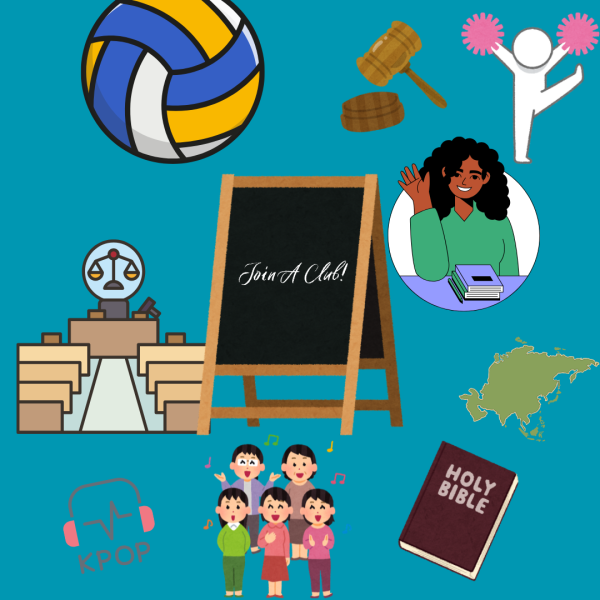Stanford grad studies sleep
In high school I did a lot of things “right.” I volunteered 100 hours every year, got straight A’s in mostly AP classes, held down a part-time job, ran track, cross country and played tennis in the spring and fall, served as president of two clubs, officer in another, and won a pageant. In the end it paid off—I got into Stanford. But mostly what I remember is the absolute misery of running on empty, and running all the time. If there was one thing I could do differently, one thing I could tell you to do differently when the fall comes around—it’s to sleep.
It sounds obvious, right? Everyone knows on a basic level that sleep is important. But until I took an actual course at Stanford called “Sleep and Dreams” with doctors William C. Dement and Rafael Pelayo, it was too easy to pass up on sleep when things got busy. Here are a few things I’ve learned about why sleep should be a little higher on your list:
There’s This Thing Called Sleep Debt.
That means that for every hour of sleep you lose—every hour of sleep you need but do not get— your brain keeps track of it like a credit card balance. It does not phase out of your nervous system, it doesn’t go away over time, unless, of course, you sleep. Why does this matter? The larger sleep debt you have, the less functional you are, the less alert you are, and the lower your quality of life. Sleep deprivation can lead to a loss in motivation, cognitive function, the ability to perform complex tasks, self-control, and make you more depressed or impulsive. Get rid of your sleep debt and you’ll be amazed at how much better you’ll feel, and how much better you’ll be able to function in daily life. Plus, no more dark circles!
Not Sleeping Enough Can Be Fatal.
If you’re driving. I can’t recall how many stories we’ve heard in class about people who’ve fallen asleep at the wheel, if only for a second. Remember this mantra: Drowsiness is Red Alert (kind of corny, I know). But in all seriousness—it only takes a moment of drowsiness for a fatal or near-fatal collision. Better always to pull to the side and take a short nap than risk anyone’s life.
So How Do You Get More Sleep?
Practice something called sleep hygiene, which basically means developing healthy sleep habits.
1. Create an optimal environment for sleeping. Your bedroom can be the worst place for sleeping if it’s not quiet, dark, or secure, and especially if it becomes a place where you do your work. When possible, the bedroom should be used only for sleeping—the more it’s used for other things, the weaker the association you’ll feel between your bedroom and sleep. This may allow distracting thoughts and activities to invade your “sleepy” phase, keeping you awake longer.
2. Predictability. Maintain a regular sleep schedule. Pretend you’re a little kid, and you have the same bedtime every night. This means allowing yourself adequate time to unwind before going to bed, and maintaining a regular bedtime even through the weekends. Do this, and you won’t even need an alarm clock to wake up.
3. Avoid all substances that adversely effect the sleep/wake cycle. I’m talking about alcohol and caffeine. But you’re in high school—you’re not drinking anyway right?
4. Be healthy overall. Exercise, proper diet, meals at regular times of the day promote optimal sleep and alertness. Exercise daily, preferably in the morning or afternoon and about three to five hours before bedtime, avoid spicy foods and heavy eating in the evening, but don’t go to bed with hunger pangs.
I know, I know, it’s difficult to maintain sleep as a priority. Even as a college student taking this course and constantly being told how important sleep was—it was still incredibly elusive when life, or school, or even trying to have a social life got in the way. What I’m hoping this article will import to you is that sleep should be a priority. It should be right up there on your list with academics, exercise, and getting into college. It should be one of the most important things on your list because it really does affect everything else you do. Do you want to be a better person? More efficient and capable? Happier, better-looking, and more at peace?
Go to sleep.
Note: All sleep-related facts in this article are cited from William Dement’s Sleep and Dreams (2014).






